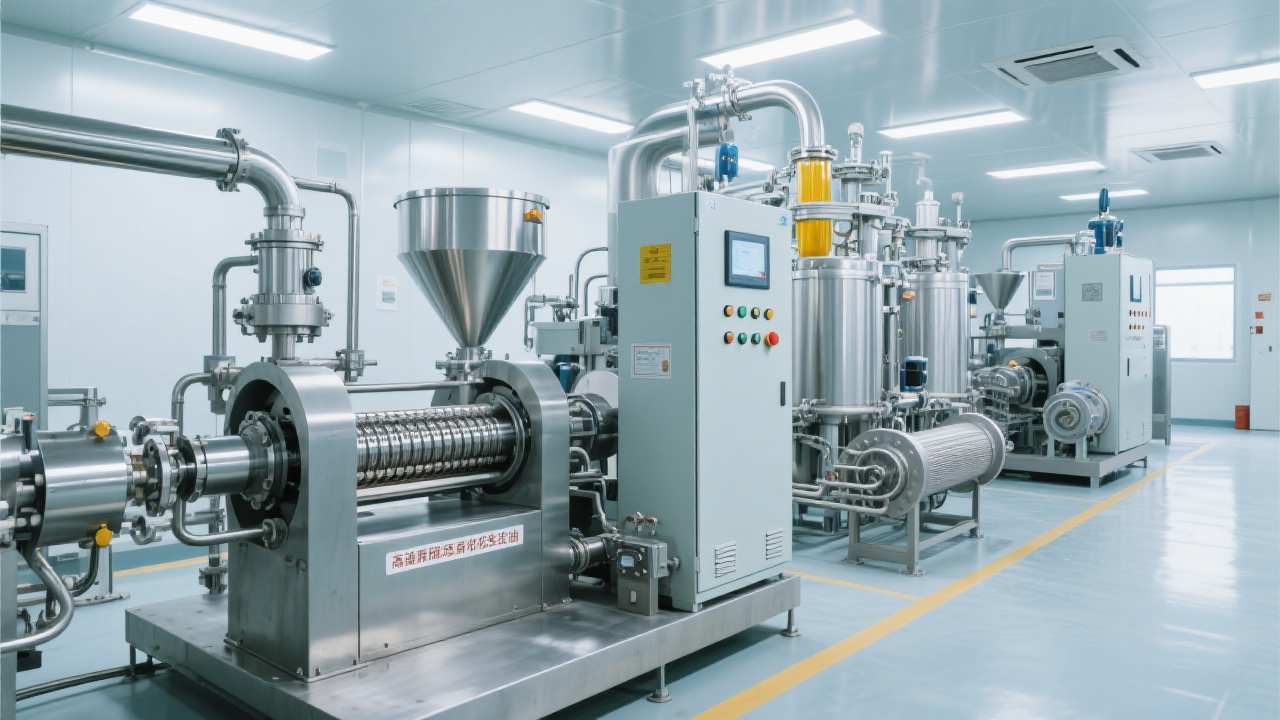
In the global peanut oil industry, where margins are tight and sustainability is non-negotiable, choosing the right expeller isn't just a technical decision—it's a strategic one. Based on over 18 years of B2B experience across mechanical and food processing sectors, we’ve seen how inefficient equipment can cost processors up to 12% more in energy costs annually, while also reducing yield by as much as 7–9%. This article breaks down why low-energy peanut oil expellers are now essential for modern oil mills aiming for both efficiency and profitability.
Recent surveys from the International Association of Oilseed Processors (IAOP) show that 74% of new oil plants in Southeast Asia and Latin America prioritize machines with ≥92% oil extraction rates and ≤0.8 kWh/kg energy consumption. These metrics directly impact ROI—especially when operating 24/7 in high-volume facilities. In contrast, older hydraulic presses often achieve only 85–88% oil recovery at 1.2–1.5 kWh/kg, making them economically unsustainable.
| Feature | Older Hydraulic Press | Modern Low-Energy Expeller |
|---|---|---|
| Oil Extraction Rate | 85–88% | 92–95% |
| Energy Consumption | 1.2–1.5 kWh/kg | ≤0.8 kWh/kg |
| Maintenance Frequency | Every 3 months | Every 6–8 months |
Our clients in Nigeria and India have reported consistent performance using these machines under extreme conditions—such as humidity levels above 85% or ambient temperatures exceeding 40°C. For example, a 10-ton-per-day facility in Gujarat saw a 14% increase in daily output after switching to a screw-type expeller with automatic temperature control and variable speed drive. The system reduced downtime by 60%, thanks to its robust sealing design and minimal wear on rollers.

According to ISO 22000 compliance standards, food-grade machinery must meet strict safety thresholds—including thermal stability, vibration resistance, and emergency stop protocols. Modern expellers come equipped with real-time monitoring systems that alert operators before faults occur—a feature missing in legacy models. One client in Brazil noted a 40% drop in unplanned maintenance incidents within six months of upgrading their equipment.
Ultimately, investing in a low-energy, high-yield peanut oil expeller isn’t just about saving power—it’s about maximizing throughput, minimizing waste, and ensuring long-term operational resilience. Whether you're expanding production or optimizing existing lines, this technology delivers measurable returns.
Ready to boost your peanut oil yield while cutting energy costs?

